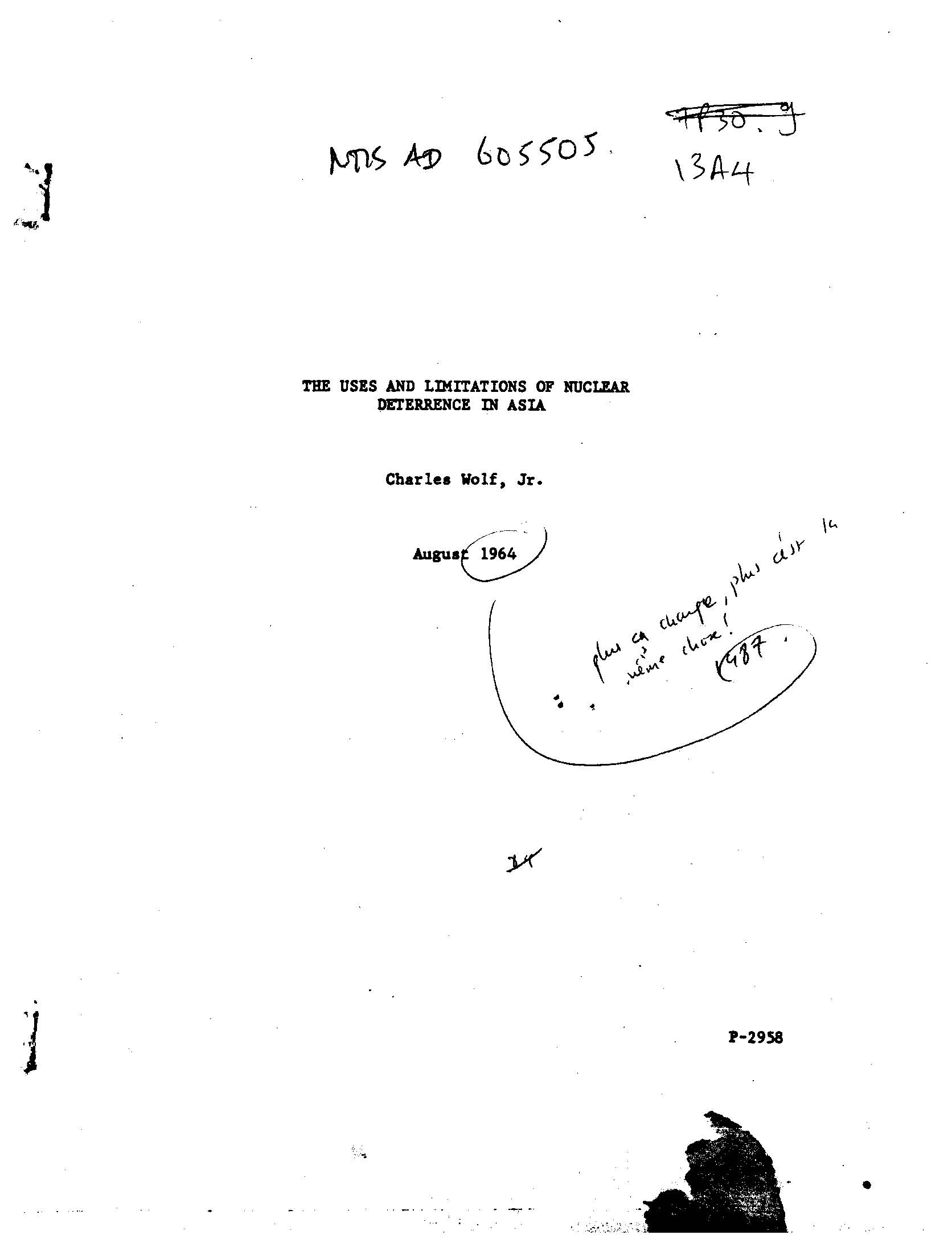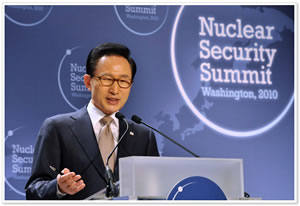Daily Report Archives
Established in December 1993, the Nautilus Institute’s *N*ortheast *A*sia *P*eace and *S*ecurity *N*etwork (NAPSNet) Daily Report served thousands of readers in more than forty countries, including policy makers, diplomats, aid organizations, scholars, donors, activists, students, and journalists.
The NAPSNet Daily Report aimed to serve a community of practitioners engaged in solving the complex security and sustainability issues in the region, especially those posed by the DPRK’s nuclear weapons program and the threat of nuclear war in the region. It was distributed by email rom 1993-1997, and went on-line in December 1997, which is when the archive on this site begins. The format at that time can be seen here.
However, for multiple reasons—the rise of instantaneous news services, the evolution of the North Korea and nuclear issues, the increasing demand for specialized and synthetic analysis of these and related issues, and the decline in donor support for NAPSNet—the Institute stopped producing the Daily Report news summary service as of December 17, 2010.

In this 1964 report Wolf explores US extended nuclear deterrence in China, Japan, and South Korea as well as the impact it could have in Asian countries then “under Communist threat”. Wolf uses two frameworks to assess the effectiveness of US conventional military and nuclear options in Asia: “broad-deterrence” and “narrow-deterrence” options. Wolf uses these two views to consider the provocation threshold, military and political pressures and alternative actions at play in each situation. Wolf writes, “In Asia, we are left with a wide range of current and potential undeterred conflicts. Although nuclear deterrence is more operative and effective than is often believed, its limitations are manifest not only in the Vietnamese and Laos cases, but in the unambiguous Indonesian confrontation with Malaysia and in the case of various forms of possible Chinese aggression against India or Burma. It is in this area of undeterred conflicts where our greatest need for improvements in programs and policies lie.”
This report was released to the Nautilus Institute under the US Freedom of Information Act (FOIA). See the Institute’s FOIA Global Disclosure Project page to read more chronologies, histories and reports released to Nautilus.
Go to the article

Yekang Ko, a Ph.D. candidate in Environmental Planning at UC Berkeley, and Derek K. Schubert, a Landscape Architect at John Northmore Roberts & Associates and President of SAVE International, respond to “Case Study of Green Economy Policies: Korea” by Sun-Jin Yun and Myungrae Cho (Nautilus Institute Special Report, September 13, 2011). Yun and Cho argue that the center of South Korea’s Green Growth clearly favors economic growth, national industrial competitiveness, and an energy portfolio emphasizing nuclear power, but puts little effort toward promoting energy democracy and justice for decentralized renewable energy systems and local communities. As a complementary study to Yun and Cho’s report, the authors introduce a fierce controversy between large-scale tidal power and the local efforts toward preserving wetlands and fisheries in Incheon, South Korea.
Go to the article

Duyeon Kim, Deputy Director of Non-Proliferation at the Center for Arms Control and Non-Proliferation, writes, “There are clear ways in which Seoul can capitalize on its strengths to flavor the 2012 [Nuclear Security Summit] with a “Korean twist” as it maintains depth on key substantive issues that ensure the security of nuclear materials, parts, and facilities…The challenge lies in clearly demonstrating that the benefits outweigh the costs, and that states would have a national interest in further investing their political capital in nuclear security.”
Go to the article

Anthony J. Colangelo, Assistant Professor of Law, SMU Dedman School of Law, states that in light of United Nations Security Council Resolution 1540, the main legal obstacles to establishing extraterritorial and, ultimately, “universal” jurisdiction over dual use nuclear commodities smuggling boil down to a problem of legality. Colangelo shows that the concept of geographic legality offers a useful lens through which to examine the potential for extraterritorial jurisdiction over smuggling of dual use nuclear items. This report frames the major legal obstacles to establishing such jurisdiction, and, as a result, also reveals mechanisms for surmounting or breaking down those obstacles. Specifically, it clarifies the roles of national law, positive international law (treaties), and customary international law, along with key sovereignty and individual rights components, to establishing expansive and ultimately universal jurisdiction over dual use nuclear commodities smuggling anywhere in the world.
Go to the article
Daniel H. Joyner, Professor of Law, University of Alabama School of Law, argues that nuclear materials and commodities smuggling is currently established in customary international law (CIL) as an international crime, but that that crime is limited in its effectiveness by its imprecise definition and its lack of an accompanying right of universal jurisdiction over the offense. He states that “a multilateral treaty further recognizing this crime and clarifying its criteria and scope and the universality of state jurisdiction over it, would be useful in addressing the limitations of a CIL-based crime, and would create a treaty-CIL mutually reinforcing relationship of a type seen in other substantive areas of international law”.
Go to the article
Roger Cavazos, a Nautilus Institute Associate, provides a brief overview North Korean diplomatic activities during the past few months. He concludes that the DPRK’s recent moves to establish international rail and educational links and sudden changes in the positions of some key Six Party Talk leaders holds promise of changes in the DPRK. “The DPRK seems substantively different and might be ready to take some steps on its own. The DPRK will continue to have a high degree of centralized control, but there are strong, likely irreversible trends to decentralize some of that power. If no one reaches back towards those who are reaching out (e.g [the DPRK] in education) or those who are taking a risk by welcoming in limited outside forces (e.g. [the DPRK] re-establishing train lines) we will likely lose many opportunities for a long time.”
Go to the article





